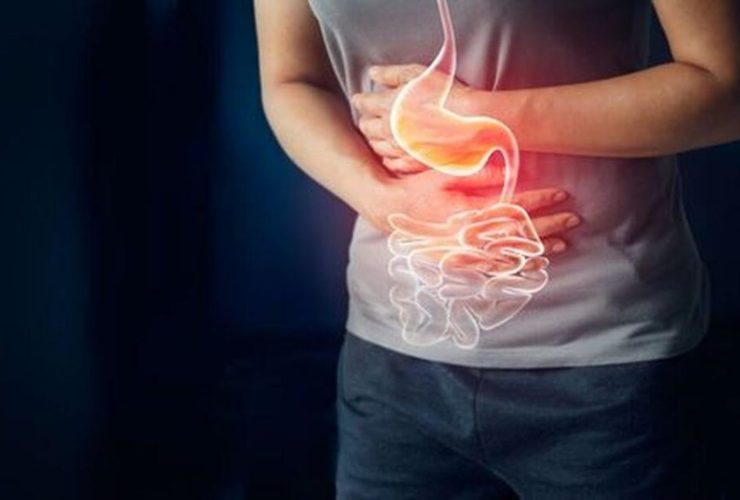Capsule Endoscopy
Capsule endoscopy is used to examine lining of the middle part of gastrointestinal tract, which includes the three portions of the small intestine (duodenum, jejunum, and ileum). your doctor will use a pill – sized video capsule which has its own lens and light source and will view the images on a video monitor the most common reason for doing capsule endoscopy is to search for a cause of bleeding from the small intestine . It may also be useful for detecting polyp’s inflammatory bowel disease (Crohn’s disease). Ulcers and tumors of the small intestine.
Why is capsule endoscopy done?
Capsule endoscopy helps your doctor evaluate the small intestine. This part of the bowel cannot be reached by traditional upper endoscopy or by colonoscopy. The most common reason for doing capsule endoscopy is to search for a cause of bleeding from the small intestine. It may also be useful for detecting polyp’s inflammatory bowel disease (Crohn’s disease). Ulcers and tumors of the small intestine.
As is the case with most new diagnostic procedures not all insurance companies are currently reimbursing for this procedure. You may need to check with your own insurance company to ensure that this is a covered benefit.
How should I prepare for the procedure ?
After breakfast on the day before the capsule endoscopy Examination, star liquid diet (water, soda, plain coffee, or tea, strained juice, or fat free broth). From 9 P.M the evening before the capsule endoscopy, do not eat or drink except for necessary medication with a sip of water. Do not take any medication beginning 2 hours before undergoing capsule endoscopy. Abstain from smoking 24 hours before the examination. Male patient should shave their abdomen 6 inches/15 cm above and below the navel on the day of the examination. However, this can be done at the hospital.
Tell your doctor about any medication you are taking including iron , aspirin , bismuth subsalicylate products and other ” over – the – counter ” medication you might need to adjust your usual dose prior to the examination . You’re your doctor of presence of a pacemaker, previous abdominal surgery, or previous history of obstruction in the bowel, inflammatory bowel disease, or adhesions.
What can I expect during capsule endoscopy?
Arrive at the clinic at the prescribed time for your capsule endoscopy dressed in loose fitting tow – piece clothing. Preparations for the examination include applying a sensor device to the abdomen with adhesive sleeves. This will be connected to the data recorder witch you will wear in a belt around your waist. the capsule endoscopy is swallowed and passes naturally through your digestive tract while transmitting video images to the data recorder for about 8 hours after ingestion of the capsule, do not eat or drink for at least 4 hours you may have a light snack . After the examination is completed, you may return to your normal diet. Most patients consider the test comfortable. The capsule endoscopy is about the size of a large pill. After ingesting the capsule and until it is excreted, you should not be near an MRI device or amateur radio.
What does happen after capsule endoscopy?
During the examination you will need to verify every 15 minutes that the small light on top of the data recorder in blinking twice per second. If for some reason it stops blinking at this rate, record the time and contact your physician. You should also record the time and nature of events as eating, drinking or unusual sensations as abdominal pain, nausea or vomiting. Avoid any strenuous physical activity especially if it involves sweating and do not bend over or stoop during examinations. Do not disconnect the equipment or remove the belt at any time. Since the data recorder is actually a small computer, it should be treated with utmost care. Do not expose the data recorder to direct sunlight, vibration or shock. Your doctor generally can tell you the test result within the week following the procedure; however, the result of some tests might take longer.
What are the possible complications of capsule endoscopy?
Although complication can occur, they are rare when doctors who are specially trained and experienced in this procedure. Potential risks include complication from obstruction. This usually relates to stricture (narrowing) of the intestine from inflammation, prior surgery, or tumor. It’s important to recognize early signs of possible complication. If you have evidence of obstruction, such as unusual bloating, pain, and / or vomiting, calls your doctor immediately. Also, if you develop a fever after the test, have trouble swallowing or experience increasing chest pain, tell your doctor immediately. Be careful not to prematurely disconnect the system as this may result in loss or image acquisition.




